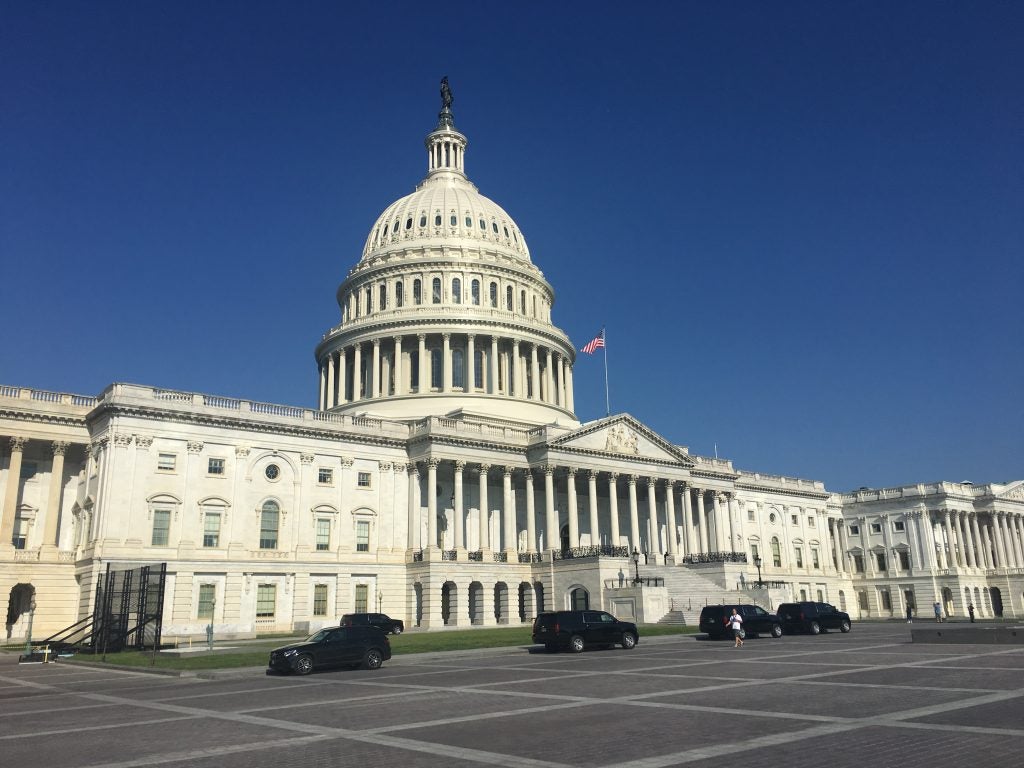Passing major climate investments are a long-overdue step to address environmental injustice throughout the United States. They will reduce the pollution that causes climate change and impacts public health, create high-quality jobs, and make long overdue investments in communities overburdened by pollution. The climate provisions passed in the House version of Build Back Better stand to be the most significant environmental justice investment ever passed by Congress.
More clean trucks and buses: Because of their proximity to trucking routes and ports, low-income communities and communities of color are disproportionately exposed to dangerous smog- and soot-forming pollutants – causing a slew of health problems, including heart and lung disease. Build Back Better invests billions to reduce this harmful pollution and support workforce development in the hardest hit areas.
Replace toxic lead pipes: More than nine million homes in 11,000 communities across the U.S. still get their water through a lead pipe, posing serious health risks. Investments from Build Back Better complement those from the Infrastructure Investment and Jobs Act by giving EPA the resources it needs to create jobs and prioritize lead pipe replacement to protect children in low-wealth families and communities of color.
Jobs protecting Americans from climate change: The Civilian Climate Corps would train a new, diverse workforce of 300,000 dedicated to combating the climate crisis and create a pathway to good-paying jobs. This investment is especially important for young people, people of color, and those with a high school diploma or less, who face barriers to accessing high-quality jobs.
Help for neighborhoods near toxic waste sites: 21 million people, disproportionately low-income and people of color, live within one mile of a Superfund toxic waste site. Nearby communities are often exposed to toxic chemicals that can lower life expectancy, and the Superfund program has historically been slow to clean up polluted sites. Build Back Better reinstates the Superfund Tax to support the cleanup of these sites.
Monitor and reduce air pollution: Black, Latino, and Asian Americans are more likely to live near harmful sources of air pollution and experience health risks like asthma and heart disease. Build Back Better will improve local monitoring of conventional pollutants like particulates, nitrogen dioxide, and ground level ozone, which have been known to disproportionately impact Black, Latino, and Asian American communities. It will also direct billions of dollars of investments by prioritizing reductions in disparities and invest in capacity for frontline communities to protect their own health.
Reconnect communities: The interstate highway system was often routed directly through communities of color, preventing access to affordable transportation options, creating cycles of disinvestment, and tearing apart communities. Build Back Better will support the development of a more affordable and accessible transportation system for all.
Housing investments: Build Back Better invests billions in climate resilience and energy efficiency to address housing inequities and environmental injustice. Improving energy efficiency through housing retrofits and making homes more resilient is critically important, especially for low-income households who spend a disproportionate share of their income on utility bills.
The Senate must act quickly to pass major climate investments to create jobs, give the next generation a healthier future, and promote environmental justice.











One Comment
We have tried government grants and european grants in our country to get a positive impact on environment and they worked. The most important element was the implication of the local community in the project to be implemented. I think this was a key indicator of the result of the project and of a positive impact on climate.